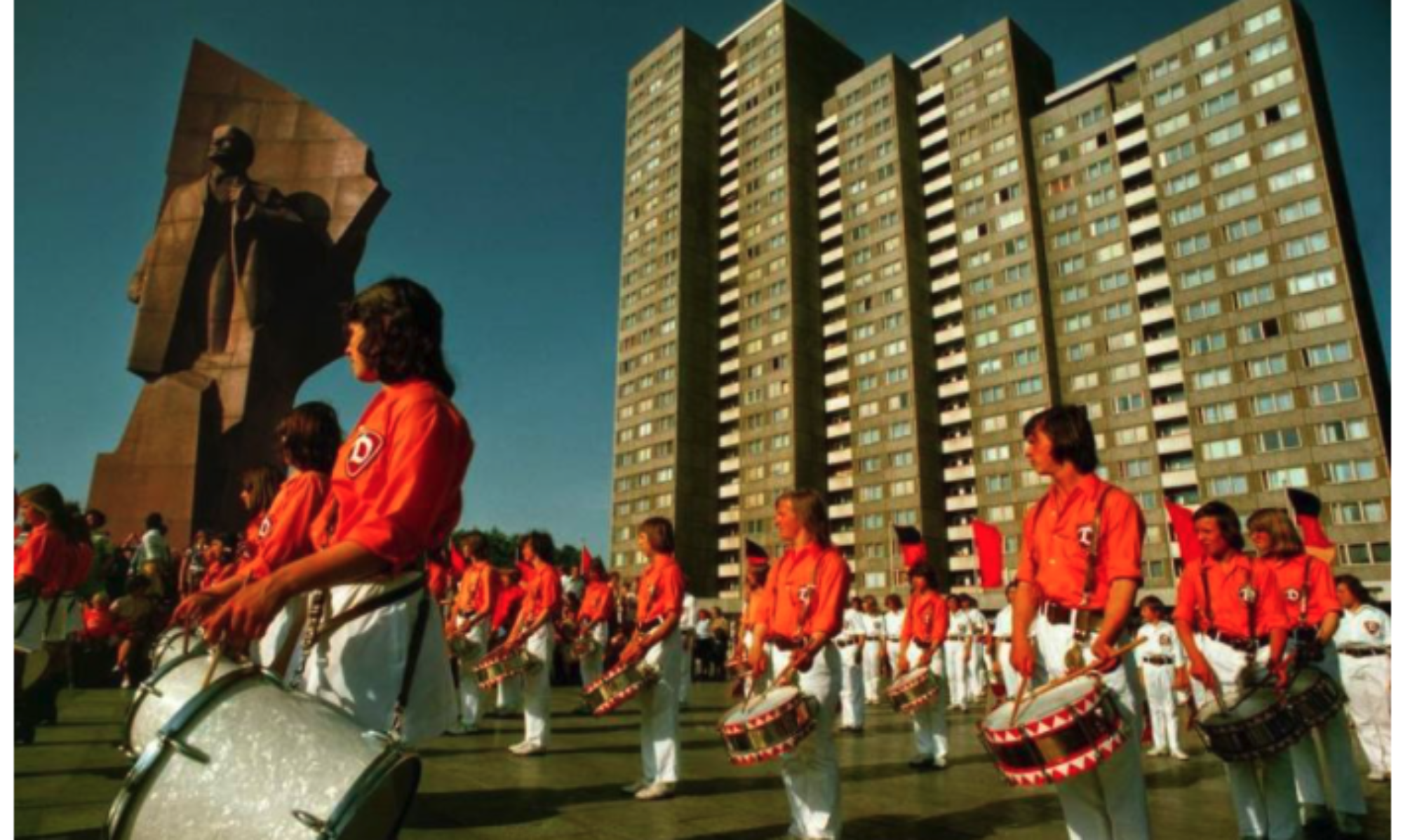After reading all of the sources for today, I was stuck on the example of Romania. The Romanian dictator Ceausescu’s regime was described in the text as making “East Germany and Czechoslovakia look like modern, benign dictatorships, and the Polish and Hungarian regimes positively enlightened and benevolent” (Levesque 2010, 327). Obviously it was this condition that led to his quick execution in Romania’s revolution but it is interesting to me that Gorbachev, when speaking to Romania’s former US ambassador about overthrowing Ceausescu, “told him that the USSR could not take part. He reportedly expressed sympathy, however, with the idea of ousting the dictator” (Levesque 2010, 329).
This, at least for me, really complicated Gorbachev as a reformer. The texts largely paint him as a genuine reformer who had a compassion for people living in oppressive regimes. This compassion; however, seemed to derive itself from the need to hold the Eastern Bloc together. The implicit permission to overthrow a Warsaw Pact leader is massively significant and certainly a change in the incremental change policies pursued in Poland.
Based on the limited studying we have done on Gorbachev and Romania, what’s different here? Is our perceived condition of Romania so bad that Gorbachev had no other choice? I think he had plenty of choices but his feelings on Romania as described above are very telling.
